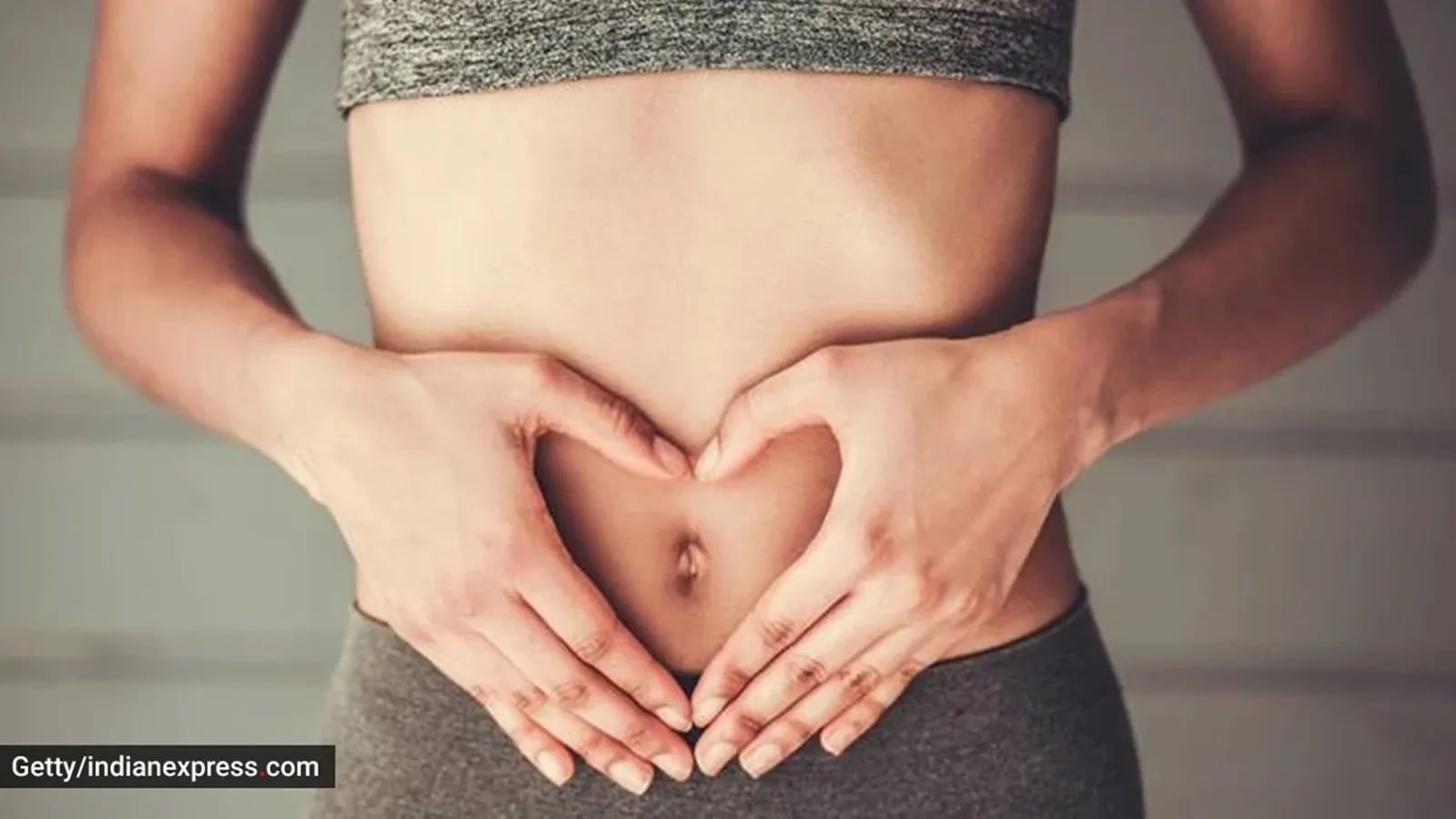📣 For more lifestyle news, click here to join our WhatsApp Channel and also follow us on Instagram
This is what happens to the body when you consume only high-protein meals for two weeks
You will experience noticeable temporary changes in your body -- some positive and some potentially problematic ones -- as it tries to get used to it.
 Are you in favour of eating high-protein meals? (Photo: Freepik)
Are you in favour of eating high-protein meals? (Photo: Freepik)What if you start with a high-protein diet today and continue it for the next two weeks? This is what we asked Dr Samrat Shah, consultant physician, Ruby Hall Clinic, Pune, who told us that “After you consume an all-high-protein diet comprising foods like eggs, soya, tofu, etc, on a short term basis, like two weeks, you will experience noticeable temporary changes in your body — some positive and some potentially problematic ones — as it tries to get used to it,” said Dr Shah.
Short-term trends in metabolism and satiety
Protein is very satiating. It causes a natural drop in calorie consumption, which is why there is a link between high-protein diets and rapid weight loss. “It also exhibits a greater thermic effect, that is, your body burns up more calories in order to break down the protein compared to the perspective of fats or carbohydrates,” said Dr Shah.
During the first week, Dr. Shah mentioned that you may experience less hunger, more steady energy levels, and a small amount of water/glycogen weight loss (the biggest source being carbs, assuming carbs are also being cut).
Muscle perseveration and restoration
Muscles can be repaired and grown by taking sufficient protein. The soreness you feel after exercise may be reduced. According to Dr. Shah, protein in a calorie deficit helps maintain lean muscle, which is essential for sustaining the metabolic rate.
Energy shifts and reduced carbohydrate intake
When the “only high-protein meals” approach translates to most carb removal, your body will lack supplies of glucose to use as fuel. “In several days, it can start transitioning to burning fat and producing ketones, an experience that can accumulate to producing so-called low-carb flu symptoms of fatigue, headache, irritability, or brain fog as the shift progresses,” said Dr Shah.
 Does it impact the gut? (Photo: Getty Images/Thinkstock)
Does it impact the gut? (Photo: Getty Images/Thinkstock)
Digestive changes
If the food eaten consists of proteins and no fruits, vegetables, or whole grains, then your body will struggle to meet its fibre requirements. This may cause constipation or similar digestive pains. “On the bright side, others find they are less bloated after eliminating refined carbs,” said Dr Shah.
Considerations on kidneys and hydration
In the vast majority of cases, two weeks of high protein intake will not damage the kidneys. “Nonetheless, protein metabolism forms nitrogenous waste that elevates the production of urine and loss of water, and hence you might require extra water and electrolytes to remain hydrated,” said Dr Shah.
DISCLAIMER: This article is based on information from the public domain and/or the experts we spoke to. Always consult your health practitioner before starting any routine.
📣 For more lifestyle news, click here to join our WhatsApp Channel and also follow us on Instagram


- 01
- 02
- 03
- 04
- 05
























